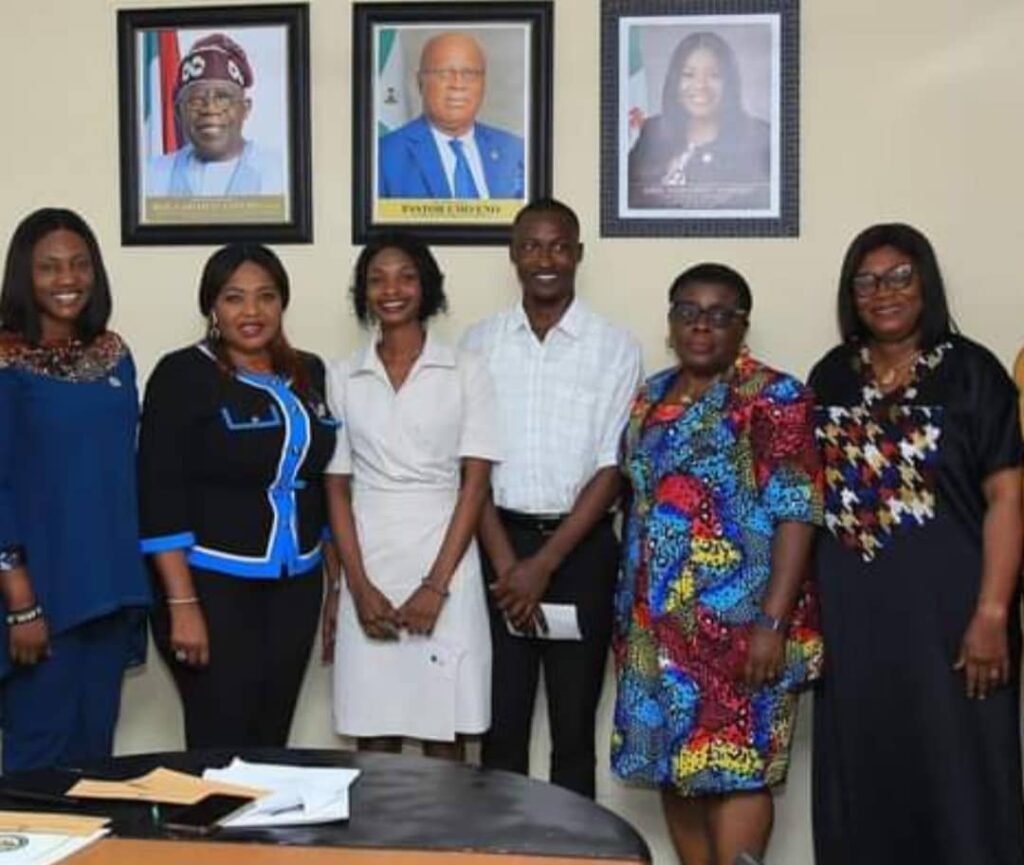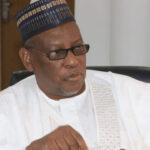
In a bid to ensure the quality of basic education in the polity, the House of Representatives is considering an increase in the share of the Consolidated Revenue Fund (CRF) allocated to Universal Basic Education Commission (UBEC) from 2%to 4%.
This came to the fore on Wednesday when the House deliberated on a Bill for an Act to amend the Compulsory, Free Universal Basic Education (Amendment) Act at plenary presided by Speaker Tajudeen Abass.
Sponsor of the proposed legislation, Mr Muktar Tolani Shagaya while leading debate on the general principle of the Bill, argued that the initiative was aimed at ensuring that the allocation to education meets the recommended benchmark by the United Nations Educational, Scientific and Cultural Organization (UNESCO) of 15-20% share of the total national budget.
He argued that the Bill when passed,will not only enhance equitable and quality basic
education for all children of school age, but will equally help in arresting the issue of out of school children, illiteracy, ignorance and poverty.
Eliciting the support of his colleagues, he argued that the proposed legislation would address the issues relating to our of school children in the country.
Said he: “Let us stand together in solidarity with the millions of children who yearn for the opportunity to learn,to grow,and to thrive, so as to ensure that education truly be comes the birth right of every child in our beloved nation.
“As stewards of public trust, we are tasked with ensuring that our educational system reflects the values of equity,opportunity,and excellence.The amendment before us today represents a tangible step towards fulfilling that mandate.It aligns with the recommendations of international bodies such as UNESCO and reaffirms our commitment to prioritize education as a fundamental human right as it aligns with SDG4
“In doubling our commitment to basic education,we send a powerful message to the world that Nigeria is resolute in its determination to invest in the future of its children, to break the cycle of poverty, and to unleash the full potential of its human capital.”
Continuing, he noted: “For instance: The issue of out-of-school children still proves to be a multifaceted problem with far reaching consequences. According to the latest global data on out-of-school children by UNICEF, Nigeria has approximately10.5 million out-of-school children.
“Regrettably, a concerning trend also persists as a significant level of infrastructural deterioration plagues the majority of public primary schools across all 36 states of the federation. Despite the proposed capital expenditure for the education sector in the 2024 budget, its potential impact may be limited.
“With an increment in school enrolment numbers and widespread infrastructural decay, the situation is indeed daunting. It is imperative that we address this while also prioritizing technological advancement and enhancing teacher’s training in our basic schools to align with global best practices.”













